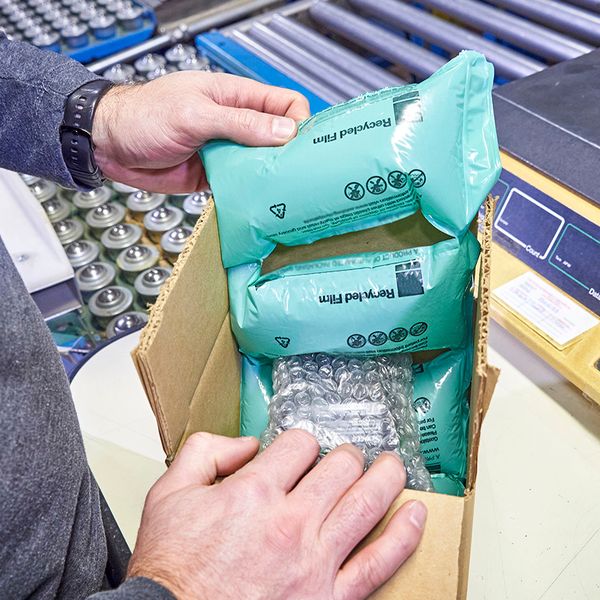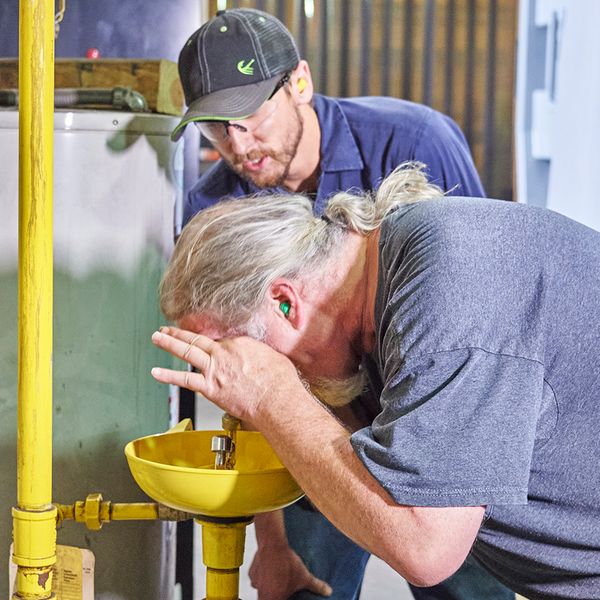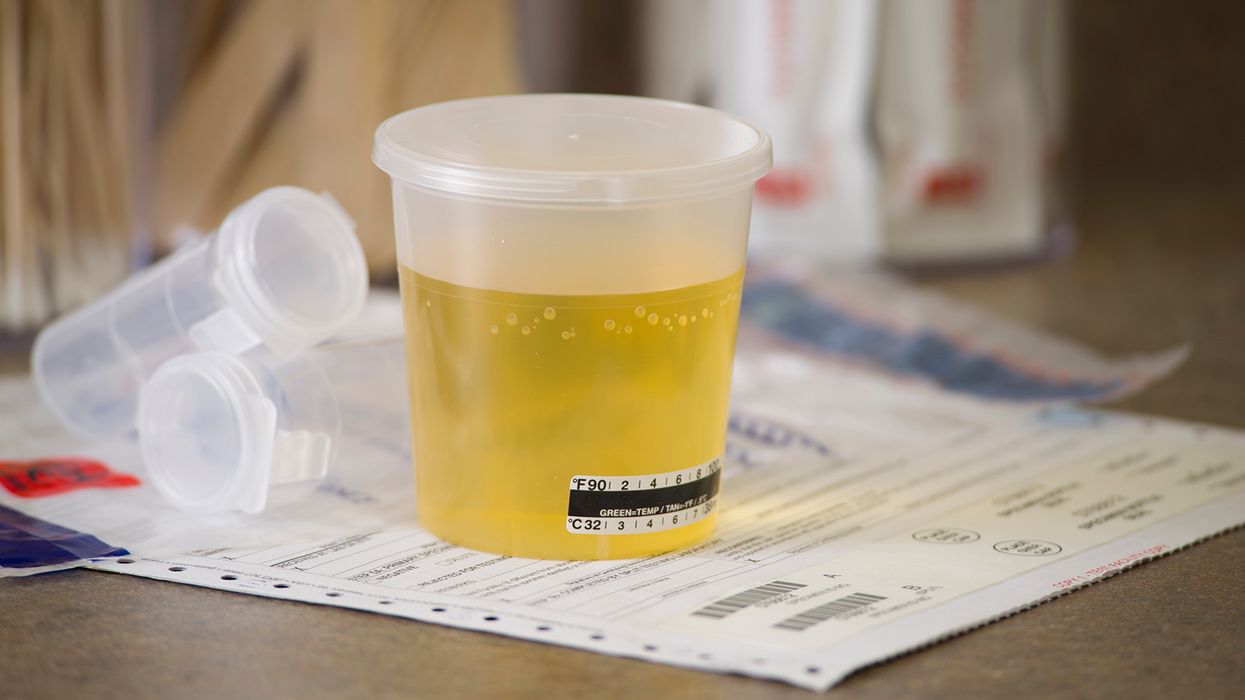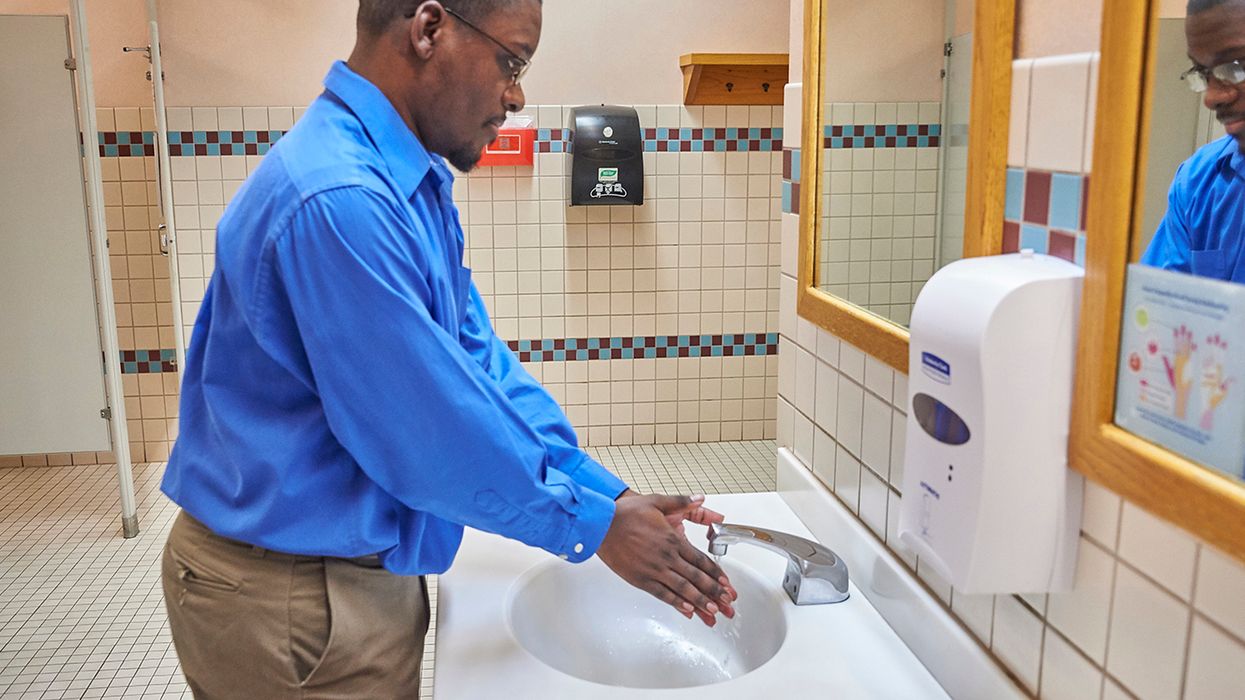Batteries included…risks too - lithium-ion battery safety
“With great power comes great responsibility .”
This saying fits perfectly when talking about lithium-ion batteries. They are essential to powering the tools and devices we use every day, but they can also be dangerous if not handled responsibly. For the most part, these devices are safe; after all, we carry them on us daily . Because of their popularity, awareness and diligence in proper purchase, usage, and maintenance is critical to ensuring the safe use of these devices in our workplaces and beyond.
What's the big deal?
To answer this question, let's look at a few recent examples of incidents involving devices containing lithium-ion batteries.
In June, a fire in New York led to injuries to one resident, four paramedics, and nine firefighters. The cause of the fire remains under investigation, but preliminary analysis suggests it was connected to five lithium-ion batteries, two of which were being charged at the residence.
In October 2023, a fire occurred at an electric vehicle battery manufacturer in Georgia . The incident led to several workers experiencing potentially permanent respiratory issues due to exposure to toxic fumes, including hydrofluoric acid vapors released during the lithium-ion battery fire. OSHA cited the company for five serious violations, proposing penalties exceeding $77,000.
What are lithium-ion batteries?
Lithium-ion batteries are everywhere—powering our phones, laptops, toothbrushes, power tools, and more. Some may say they're a technological marvel due to light weight, rechargeability, and ability to pack a lot of power into a small package.
In layman’s terms, they work like most other batteries. Lithium ions move back and forth between two components called the anode and cathode. This movement allows the battery to charge and discharge, powering all kinds of devices.
But while they're efficient and compact, lithium-ion batteries can also be prone to damage. Overcharging, poor maintenance, physical damage, or improper disposal can lead to serious concerns. Reinforcing the reasons for diligence when using these amazing devices.
What are the dangers?
Lithium-ion batteries are highly efficient and widely used for their reliability. When handled correctly, they are safe and effective. However, it's important for users to understand that improper use or damage can lead to serious risks of injury, including:
- Thermal runaway – a chain reaction where the battery overheats and can catch fire or explode; often caused by overcharging, damage, or high temperatures.
- Fire or explosion – happens when the battery is overheated, punctured, or short-circuited.
- Short circuits – can cause sparks, fires, or electric shock, especially if the battery is damaged or improperly handled.
- Physical damage – dropping, crushing, or puncturing a battery can make it unsafe to use or charge.
- Chemical leaks – damaged batteries can leak harmful chemicals that may burn skin or irritate lungs.
- Improper disposal – throwing batteries in the trash can lead to fires in trash bins, garbage trucks, or landfills.
What can we do to stay safe?
Lithium-ion batteries power our daily lives and using them safely is crucial. As incidents rise, regulatory organizations are taking notice. Recently the National Fire Protection Association (NFPA) has launched its “Charge into Safety” campaign to raise awareness about lithium-ion battery hazards. You can help prevent accidents by following these key safety tips:
- Use proper equipment - ensure you are using chargers and batteries that are certified for the specific device and are recommended by the manufacturer. Avoid using cheap, off-brand replacements.
- Store and charge safely - store batteries in a cool, dry place away from heat and sunlight. Heat is one of the biggest threats to lithium-ion battery safety. They should be kept in a cool, well-ventilated area, and away from sources of moisture which can cause corrosion or short circuits.
- Inspect often - check for swelling, leaks, or damage. Stop using damaged batteries immediately.
- Train workers - ensure anyone who handles these batteries understands how to use them safely, can recognize concerns, and knows how to respond to emergencies that may occur from use.
- Dispose correctly – dispose of them responsibly. Never throw lithium-ion batteries in the trash. Recycle batteries at approved centers.
Key to remember: Lithium-ion batteries power our modern world, but when not used responsibly, they can be dangerous. Stay safe by using certified equipment, charging and storing batteries and devices properly, inspecting them regularly, training users, and recycling responsibly.




















































